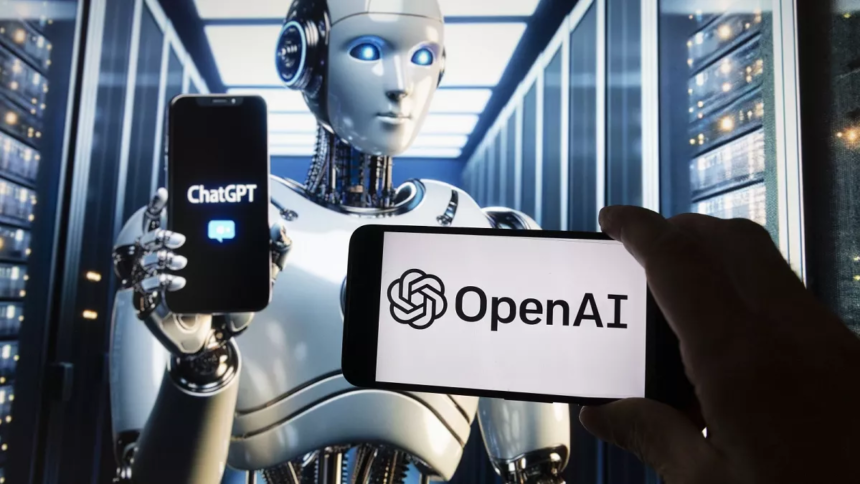- OpenAI’s GPT Store is overrun with dubious offerings that disregard intellectual property rights.
- Numerous GPTs impersonate public figures without consent.
- The store’s rapid expansion raises concerns about OpenAI’s ability.
Copyright cops nowhere in sight
The highly anticipated GPT Store from OpenAI has rapidly morphed into a chaotic digital bazaar teeming with dubious offerings.
A cursory exploration uncovers a multitude of legally questionable GPTs blatantly disregarding intellectual property rights and academic integrity policies.
From unsanctioned art generation mimicking beloved franchises to tools overtly marketed for bypassing plagiarism detectors, the store’s current state raises serious concerns about OpenAI’s capacity for effective content moderation.

Legal landmines lurk
Further exacerbating the turmoil, numerous GPTs impersonate public figures without consent, potentially infringing on the rights of publicity.
Alarmingly, some offerings even attempt to bypass OpenAI’s safeguards, jailbreaking the underlying models and rendering them more permissive.
Despite OpenAI’s assurances of human and automated review processes, the store’s rapidly expanding catalog seems to have outpaced the company’s ability to maintain order and uphold its policies effectively.

As OpenAI pursues ambitious monetization plans, allowing developers to profit from their GPT creations, the current state of affairs raises critical questions about the platform’s long-term viability and OpenAI’s commitment to responsible AI governance.









